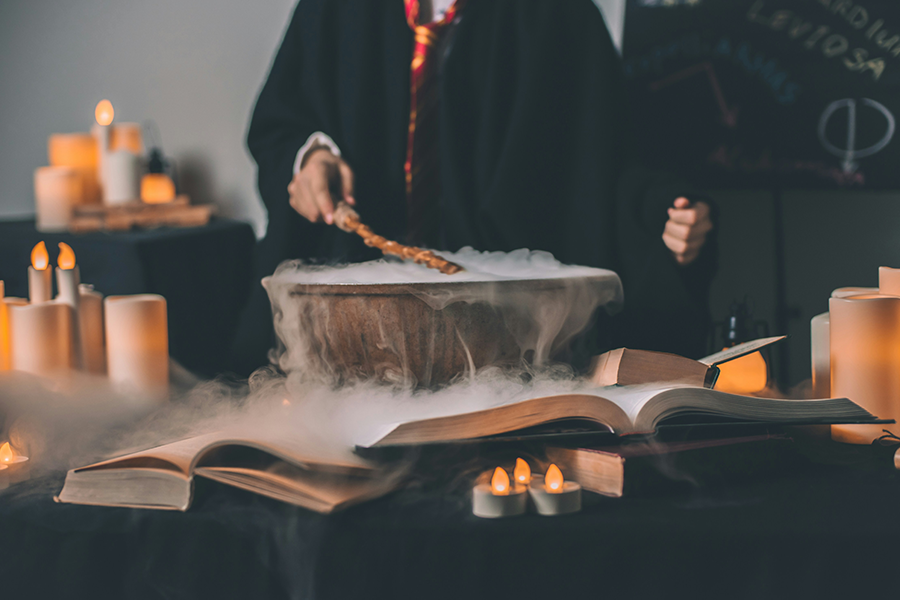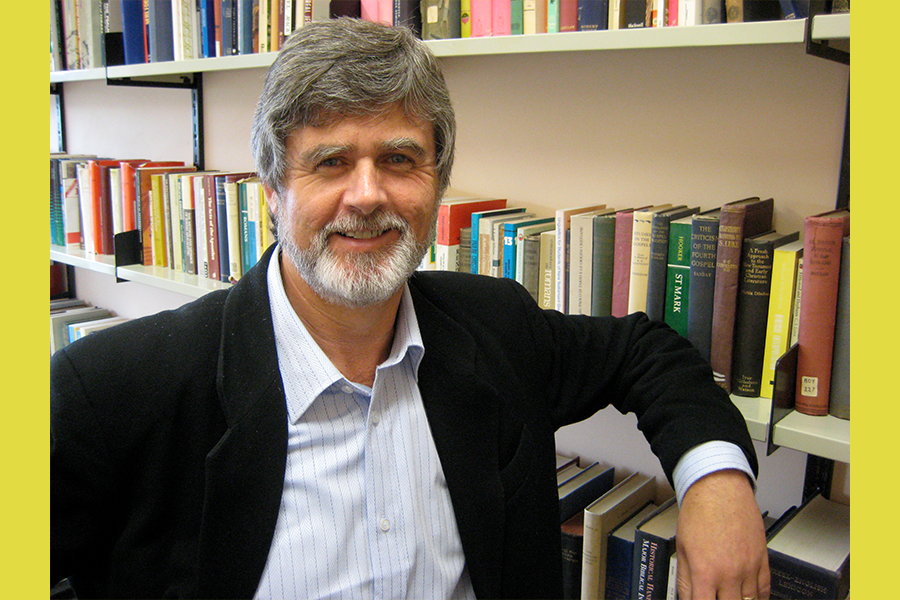
What is there that one can be taught about magic?
Religion, science and magic might seemingly have little to do with each other nowadays, but once upon a time the boundaries between this trio of topics were far less clearly defined.
Professor Greg Dawes is lecturer for Summer School paper RELS317 Religion, Science and Magic, and a key area of interest for him is how people’s perceptions of all three have evolved during the past few hundred years.
“With regard to science and religion we now assume they are very different: we take it for granted, for example, that science cannot invoke the action of a god or gods. But science was once thought of as revealing the divinely established order of the world,” Greg says.
“With regard to science and magic, we tend to think of science as the antithesis of magic. And yet the two were once upon a time closely related. Magic was believed to invoke the hidden powers of the world studied by science.”
We also tend to think of religion and magic as different. But a lot of religion involves actions which resemble magic; When people engage in rituals that invoke divine power in order to achieve some goal, is this religion or is it magic? The boundaries are very unclear.
Two figures the students learn about in class are Giordano Bruno and Galileo Galilei. Both men ran into trouble with the Church, Bruno for his advocacy of magic, Galileo for suggesting a sharp distinction between religion and science.
Religion and science are subjects students can study towards a degree in at Otago, but what is there one can teach about magic?
When people talk about magic, they are usually referring to stage magic, the kind of magic that is performed as entertainment, Greg says.
“Everyone knows its sleight of hand, so it’s not taken seriously.”

Professor Greg Dawes is the lecturer for the Summer School paper Religion, Science and Magic.
But there is also the older, understanding of magic which thought of it as tapping into occult (hidden) powers by ritual, to bring about some tangible effect, he says.
“The sort of magic Harry Potter stories fictionalise.”
Four hundred years ago, this kind of magic was taken very seriously.
“Witches, for example, were thought to have these kinds of powers and were persecuted as a result.”
Sometimes what was once thought of as magic now falls in the domain of science. Magnetism, for example. used to be considered an occult property, and use of magnets was regarded as a kind of natural magic, Greg says.
But alongside natural magic there was also ‘demonic magic’ where people could perform rituals directed to spiritual beings,: angels, demons and the like.
In the ancient world, curse tablets – usually made of metal – were very common, Greg says.
“You would scrape some curse on a tablet, calling upon some deity of the underworld to cripple or kill the person you were cursing. And then you would bury the tablet in a graveyard or some other place which was thought to have access to the underworld.”
This kind of magic was being used for bad purposes, but magic could also be used to for good.
Some people still take this kind of magic seriously, he says.
“This is a very important point. It’s not so much that magic disappeared, magic in the strong sense, the original sense, it kind of went underground.”
The Wiccan movement presents itself as modern day witchcraft which has recently come back in fashion.
“Wiccans have a code of ethics – you should never use ritual power for bad purposes.”
For the last few hundred years, this kind of occult tradition has not been considered respectable and it is only recently that witchcraft and magic have been taken seriously, both by scholars and at a popular level
“Magic has not been considered the kind of thing you would study in university. But my students do study magic, not in order to practise it, but in order to understand it.”